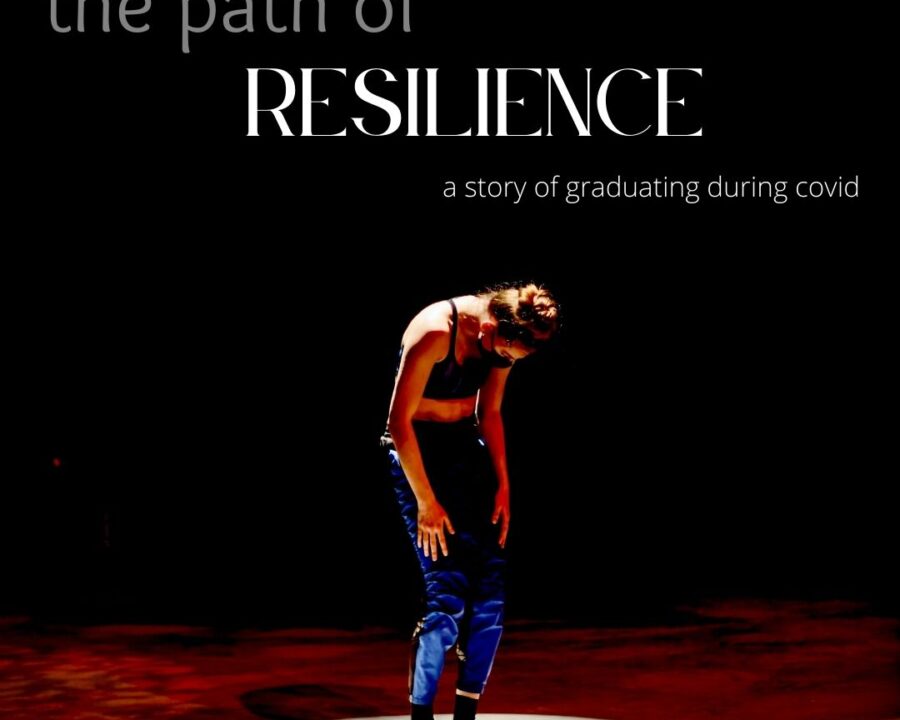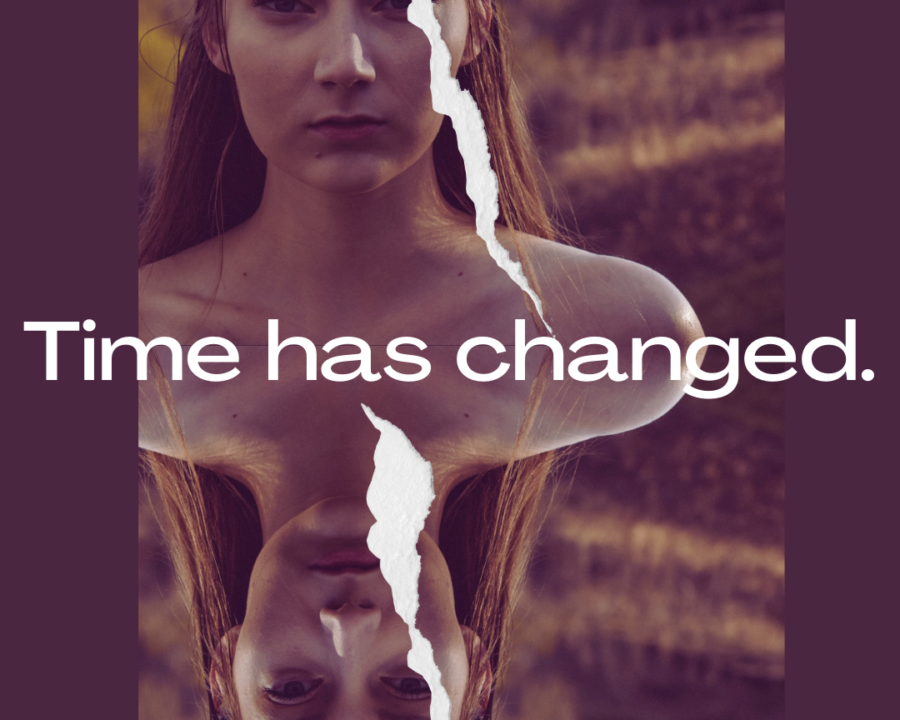
SHAKESPEARE’S SECRETS
May 29, 2020
EMERGING ARTISTS
June 1, 2020Artist’s Recharge Kit
Hey! In today’s blog we’ll be going through five recharging tools designed to help artists. We hope this inspires you, and motivates you!
1. JUST BE.

In times of great stress – times where we feel exhausted, it is important to take a second stop, release, and breathe. I had to learn that by doing less is not to be confused with being lazy or complacent. Doing less when I feel that my environment is overwhelming, helps to re-centre myself. One of the main ideas that motivate mindfulness thinking is supporting the idea of doing “less” and “being” more.
Think of it this way: what speed do you walk around in your daily life? Are you a slow walker? A fast walker? Or something in between? The way you navigate in daily tasks says something about the state of your mind. Personally I am a fast walker, and if you are like myself it tends to mean that my mind is always circling, and thinking. There are tons of things I am always trying to achieve at once and for people like me here’s my advice to you… STOP. Most of us even now during quarantine are overactive and restless. The point that I am trying to make is not that you should do nothing but instead recognize a much more mindful way to go about your day that relieves stress.
Try beginning the day with yourself only – not your phone, or games, or try to centre yourself before embracing the very busy world or family atmosphere.This can be accomplished in your room, in the comfort of your own bed. Instead of getting up right away – just lie there, eyes closed or open, notice the sounds around you, then notice what is touching your skin, notice the discomfort in your body, (what areas that feel raw or achy?) and continue to notice small details around you. Once you are done, continue with your daily routine and practise throughout your day the skill of slowing down to stop, notice, and breathe in your surroundings.
2. REFRAME “WORK”.

“…The most that any one of us can seem to do is to fashion something-an object or ourselves-and drop it into the confusion, make an offering of it, so to speak, to the life force.” – Ernest Becker
Recently, I have been reading the book “Denial of Death” by Ernest Becker in his book, he explores the age old question of “why” we as humans exist. Therefore, what is our “purpose”? Becker emphasizes this in the book and explains how our humanity is linked with the fear of death. So how does this relate to us as artists? The artist evidently tries to live a compelling life while remaining creative and transforming that creativity into something to make meaning. Becker concludes that creativity is one of the best ways to stay aware of the existential paradox without falling into nihilism. I find that during this time especially, lack of motivation, and self-doubt riddles its way into our minds as artists and sets us back into habits of “what’s the point of it all”, as someone who succumbs into existential thoughts constantly I sympathize with that way of thinking. I encourage you especially now to remind yourself why you chose this career path, and rediscover the joy, fond memories, and passion in deciding to be an artists/performer. It might help to reach out to a friend ,and by reading plays together, joining 24hrs monologue/writing challenges, picking up an instrument, looking back at your monologues or audition songs. Remind yourself of why this was right for you and your purpose in life. Committing to being a performer was a significant choice to make, and you did it because you love it. Don’t forget to celebrate that.
3. SPEND TIME WITH THE RIGHT PEOPLE

No tea, no shade here! This is a simple one and one that I will not stress enough. Surround yourself with people, especially when you need recharging with those who do not drain you. If you are the type of person that prefers to recharge with friends, then be conscience of which friend you choose to recharge with and if you feel energized after being with them or drained. Find someone in your life who will listen when you need an ear to hear your worries, sometimes that is all you need to reflect your thoughts.
4. JOURNAL YOUR THOUGHTS.

You may have stopped using a dairy once you reached adulthood. The same concept applies to when you were a kid or teenager back in the day, and your dairy was sort of a place to confess your fears, accomplishments, goals or secrets without judgement. Journaling is the same outlet but sounds more mature than having dairy, it is a healthy way to express your feelings and manage stress.
Journaling helps control your symptoms and improve your mood by:
- Helping you prioritize problems, fears, and concerns
- Tracking any symptoms day-to-day so that you can recognize triggers and learn ways to better control them
- Providing an opportunity for positive self-talk and identifying negative thoughts and behaviours
5. TURN OFF YOUR PHONE.

Turn off your phone for even just a day or if you can’t afford to do so in the morning don’t look at it, don’t touch it. It’s pretty standard, and public knowledge that we are all phone addicts or I like to say, screen addicts. We never fail to have some sort of screen in our face and doing this for long periods can cause headaches, eye issues may affect your mental well-being, so I implore to simply turn off your phone and try to be present with reality instead.
From one fellow anxious phone addict to another, tell us how has quarantine impacted your daily routine and if you have any tips on recharging that you’d like to share please send it our way!
We’re all in this together





